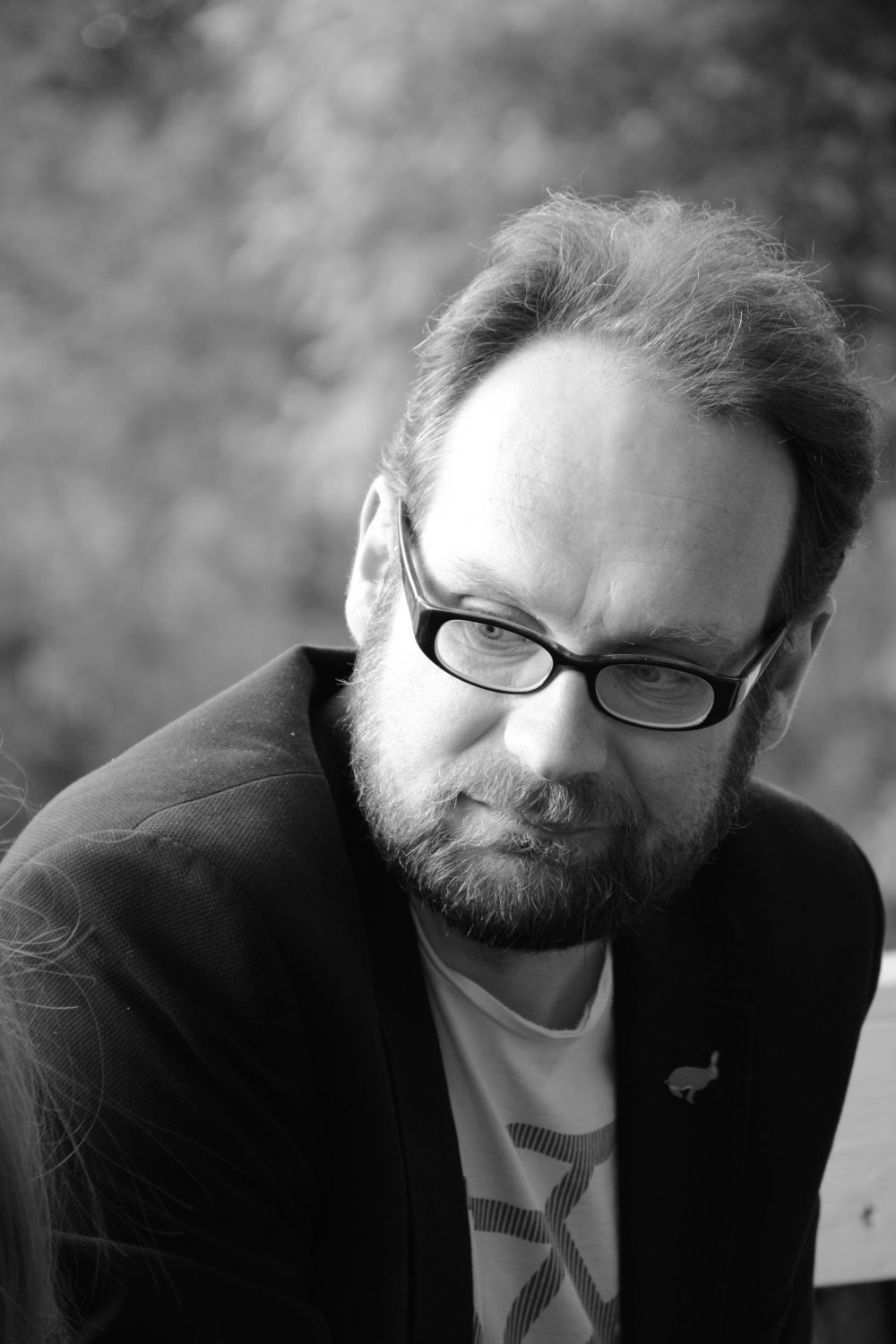Andrius Jakučiūnas
Andrius Jakučiūnas (born 1976) is probably the brightest rising star in contemporary high-brow Lithuanian literature. A classical scholar, he worked as a teacher, which he later gave up for a professional writer’s career. He made his debut in 1999, only a year after graduating from university, with the short story collection Sokrato gyvenimas ir mirtis (The Life and Death of Socrates). That was followed by two novels, Servijaus Galo užrašai (The Notes of Servius Gallus, 2005) and Tėvynė (The Homeland, 2007), but his greatest literary achievement to date is Lalagė (2011). His prose is stylish, heavy and difficult, written in long, clumsy sentences. His narratives are fragmented, and his stories almost always show his classical background and his true erudition. Thematically, his writing is two -layered. There is a very strong element of literary self-reflection, and even hermeticism, but his writing is also very social, discussing various aspects of contemporary life on a very deep level. As a full-time writer, Jakučiūnas, who has won numerous literary awards over the last few years, has also become quite an outspoken public figure, often writing for the media on cultural, social and even political topics. This kind of writing has recently culminated in a satire collection #Utopijos (Utopias, 2017), a book of essays that can easily trick the reader into sounding quite serious and realistic before disintegrating into exuberant absurdity.
Lalagė. Vilnius: Tyto alba, 2011. – 233 p.
Generically described as a ‘crown of short stories’, the book begins with page 121. And this is no technical fault. The narrator seems to be the author’s alter ego; the idea is reinforced by the author’s own portrait on the cover (without the face, but with his trademark neckerchief). The space is limited to a single room, which may or may not exist in the narrator’s imagination. The narrator seems to be both writing the story and participating in it at the same time. The main character in the story is a female servant, whose name does not really matter, but she might be called Lalagė. She seems to be in control of everything, but it is hard to tell how or why.
While many reviewers and critics have described the book as a difficult, even tortuous read, all agree that it is very strictly controlled and skilful writing. It is an in-depth study of the process of writing and literary creation in general. Not many confess to being fans of the book, and some even say that it is too demanding, but everyone agrees that it is a true achievement for Lithuanian literature. Some even claim that it is not related to the Lithuanian literary tradition at all, which, in this case at least, is probably a compliment.
Contact for rights: auguste@tytoalba.lt
Contact for samples & other inquiries: kotryna.pranckunaite@lithuanianculture.lt
